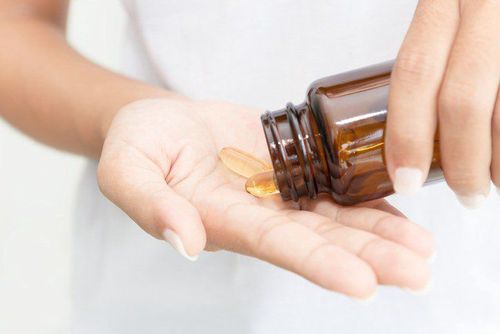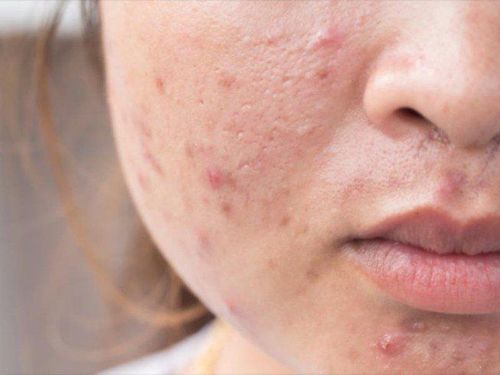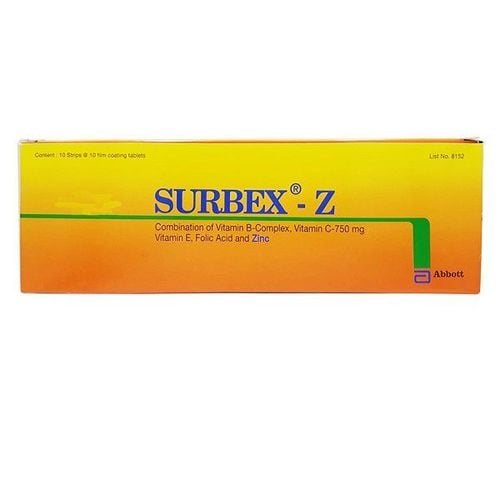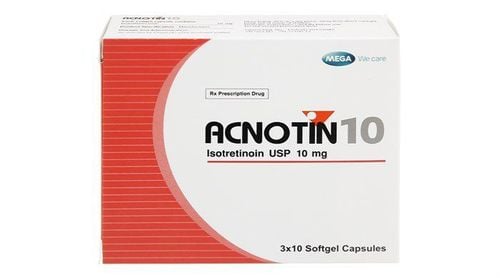Vitamin E is an important nutrient that helps protect body cells from harmful free radicals. In particular, it also has the effect of beautifying and treating acne. So should oily skin take vitamin E or not?
1. Should vitamin E be used to treat acne?
Vitamin E is a powerful antioxidant, has anti-inflammatory effects, strengthens the immune system and helps regenerate the skin. Because of these characteristics, many people think that vitamin E can be used to treat acne. However, to date, studies on the use of topical vitamin E or oral vitamin E supplements have not demonstrated clear effectiveness in treating acne. Notable studies are:
- A study was conducted on adults with severe acne. These people were given vitamin E for 3 consecutive months and the acne condition on their skin improved well.
- However, because vitamin E preparations contain zinc and lactoferrin, it is difficult to conclude whether topical vitamin E helps treat acne.
- A study was conducted in 2006, in which vitamin A and vitamin E were used in combination to treat acne. The results showed that acne on the skin was effectively improved, but it could not be concluded that vitamin E helps treat acne.
- Another study was conducted by supplementing zinc, vitamin E and vitamin A to people with acne through pills. Serum tests showed that some of the study participants were malnourished and the nutritional supplements helped improve acne. However, it cannot be confirmed that a topical product with a formula of vitamin E, vitamin A, and zinc similar to the above pills will effectively treat acne.
Although there is no research confirming the benefits of vitamin E in treating acne, vitamin E is an important vitamin for the body, helping to improve overall health, including improving skin health. Therefore, providing enough vitamin E in the daily diet is extremely necessary. Applying vitamin E also helps moisturize and brighten the skin. Therefore, if you still want to use vitamin E in treating acne, you can apply some of the following instructions.

2. How to use vitamin E in treating acne?
Increase vitamin E through diet or supplements:
- People with acne should increase foods rich in vitamin E in their diet. Foods rich in vitamin E include sunflower oil, soybean oil, corn oil, sunflower seeds, dry roasted hazelnuts, dry roasted almonds, cereals, etc. For adults, the daily vitamin E requirement for the body is 15 mg, while breastfeeding women need more, about 19 mg per day.
- If your diet is not nutritious enough and a blood test shows that you are deficient in vitamin E, your doctor will advise you to supplement vitamin E in pill form. You should not buy vitamin E pills on your own, because excess vitamin E can be harmful to the body.
Apply vitamin E properly
- There are many topical vitamin E products on the market, which can be in the form of vitamin E oil, serum or vitamin E cream. These products often contain other ingredients such as vitamin A, vitamin C, etc. to help treat acne and reduce dark spots. For best results, use according to the manufacturer's instructions.
- Pure vitamin E can cause allergies, so you should not apply pure vitamin E directly to your skin. Instead, you should dilute vitamin E with a light oil that has a skin-nourishing effect such as jojoba oil, then apply it to your skin. To be more careful, you can apply the mixed mixture on your hand to see if there is an allergic reaction before applying it to your face.
3. Should oily skin apply vitamin E to treat acne?
Should oily skin apply vitamin E to treat acne? This is a question of many people with oily skin. Although it has many uses in skin care, vitamin E is not suitable for oily skin. The reason is that vitamin E is an oil-soluble vitamin, applying vitamin E to oily skin can clog pores and make acne worse.

4. Can oily skin take vitamin E?
Applying vitamin E to oily skin is not suitable, so should oily skin take vitamin E? Vitamin E plays many important roles in the body such as participating in cell metabolism, helping to protect vitamin A and cell membrane fats from oxidation, preventing atherosclerosis, increasing the body's immunity, etc. Therefore, ensuring adequate daily vitamin E intake as recommended is necessary regardless of your skin type. However, because there are many foods containing vitamin E, a varied, healthy diet is enough to provide enough vitamin E for the body. Without a doctor's prescription, you should not take vitamin E supplements on your own. High levels of vitamin E in the body will increase the risk of bleeding, especially when you take anticoagulants such as warfarin.
5. When should you see a dermatologist?
Although vitamin E has potential in treating acne, as research on vitamin E is inconclusive, you should use medications that have been proven to be effective in treating acne. Some acne medications that can be purchased without a prescription include:
- Alpha-hydroxy acids: Stimulate skin recovery, especially effective for acne scars.
- Benzoyl peroxide: helps reduce acne-causing bacteria and reduce inflammation in acne lesions.
- Salicylic acid: helps remove dead skin cells on the face, unclogging pores
- Tea tree oil: helps fight inflammation and bacteria.

Vitamin A in the form of retinoids has been shown to work for acne. Vitamin A can be taken orally and topically. However, just like vitamin E, vitamin A should only be used with the approval of a doctor, an overdose of vitamin A can cause liver damage, an overdose of vitamin A in pregnant women can cause birth defects. pediatric .
If over-the-counter drug treatments don't work after a few weeks, you should see a dermatologist for more intensive treatments.
Vitamin A in the form of retinoids is effective for acne. Vitamin A can be taken orally and topically. However, like vitamin E, vitamin A should only be used with a doctor's permission, as an overdose of vitamin A can cause liver damage, and an overdose of vitamin A in pregnant women can cause birth defects.
If over-the-counter treatments are not effective after a few weeks, you should see a dermatologist for more specialized treatments.
To arrange an appointment, please call HOTLINE or make your reservation directly HERE. You may also download the MyVinmec app to schedule appointments faster and manage your reservations more conveniently.








